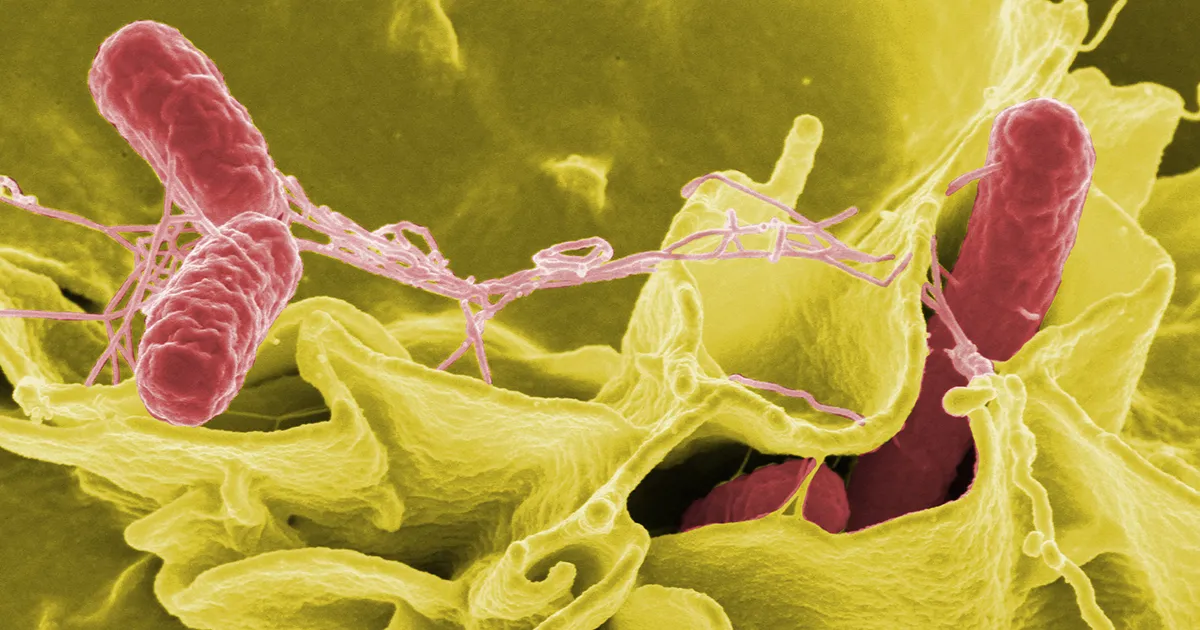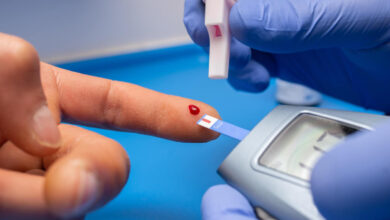
Health Impacts
Physical Health
Maternal well-being has a profound impact on physical health, especially in the postpartum period. After giving birth, new mothers often face challenges such as recovering from childbirth, managing weight changes, and adjusting to new physical demands. Ensuring proper self-care can facilitate a quicker recovery and improve overall health.
Recovery Postpartum: The postpartum period is a time of significant physical change. It’s essential for new mothers to engage in activities that promote recovery, such as gentle exercises, proper nutrition, and adequate rest. Light physical activity, like walking or postpartum yoga, can help improve energy levels and reduce discomfort.
Managing Weight and Nutrition: Weight management can be a concern for many new mothers. A balanced diet rich in nutrients supports recovery and overall health. Incorporating foods high in fiber, vitamins, and minerals can aid in weight management and boost energy levels. Consulting with a nutritionist may provide personalized advice tailored to individual needs.
For expecting mothers, prenatal care is crucial for maintaining a healthy pregnancy. Regular check-ups with healthcare providers help monitor the health of both mother and baby. Additionally, maintaining a nutritious diet and engaging in moderate exercise can contribute to a healthier pregnancy and better labor outcomes.
Mental Health
Mental health is a critical component of maternal well-being, often requiring special attention. Postpartum depression and anxiety are common but manageable conditions that can affect new mothers. Addressing mental health proactively can improve overall quality of life and ensure a supportive environment for both mother and baby.
Recognizing and Managing Postpartum Depression
Postpartum depression affects many new mothers and can manifest as persistent sadness, fatigue, and difficulty bonding with the baby. Early recognition and intervention are crucial. Seeking help from a mental health professional, such as a counselor or therapist, can provide effective treatment options and support.
Stress Reduction and Self-Care
Implementing stress-reducing practices can support mental health. Techniques such as mindfulness, meditation, and deep breathing exercises can help manage stress and promote relaxation. Ensuring sufficient sleep and setting aside time for activities you enjoy can also contribute to a healthier mental state.
Family and Social Relationships
Maternal well-being extends beyond individual health, impacting family and social relationships. The emotional and physical state of a mother influences her interactions with family members and her ability to handle household responsibilities.
Building a Support Network
A strong support network can ease the transition into motherhood. Engaging with family, friends, and support groups provides emotional and practical assistance. Open communication with partners and family members about needs and expectations can help manage responsibilities and reduce stress.
Effective Communication
Discussing feelings and needs with loved ones fosters understanding and collaboration. Regular check-ins with partners and family members about the challenges and successes of motherhood can strengthen relationships and create a supportive environment.
Strategies for New and Expecting Mothers
- Set Realistic Goals: Establish achievable goals for physical recovery and mental health. Breaking tasks into smaller, manageable steps and celebrating small victories can boost motivation and progress.
- Prioritize Self-Care: Allocate time for self-care activities that enhance well-being. Whether it’s engaging in a hobby, taking a relaxing bath, or simply enjoying a quiet moment, prioritizing self-care is essential for maintaining balance.
- Seek Professional Support: Consult healthcare providers for any physical or mental health concerns. Professional advice and treatment are vital for managing health issues and ensuring a successful recovery.
- Build a Support Network: Connect with support groups, family, and friends who can offer practical help and emotional support. A supportive network can make the challenges of motherhood more manageable and less isolating.
- Maintain Open Communication: Discuss your needs and feelings with your partner and family members to foster understanding and collaboration. Effective communication helps in managing household responsibilities and ensures a more balanced approach to parenting.

Conclusion
Prioritizing maternal well-being is essential for a fulfilling and healthy motherhood experience. By focusing on both physical and mental health, new and expecting mothers can better navigate the challenges of motherhood and improve their overall quality of life. Implementing practical strategies and seeking support are key steps in enhancing maternal well-being.
As you embark on this journey, remember that taking care of yourself is crucial for both your health and the well-being of your baby. Embrace these strategies and seek the support you need to thrive during this transformative time. Your well-being is the foundation for a positive and nurturing environment for you and your family.






